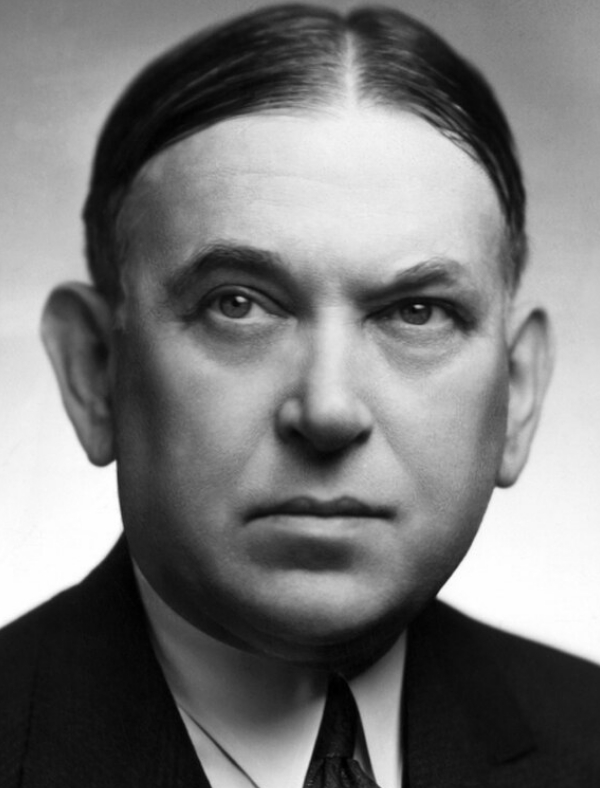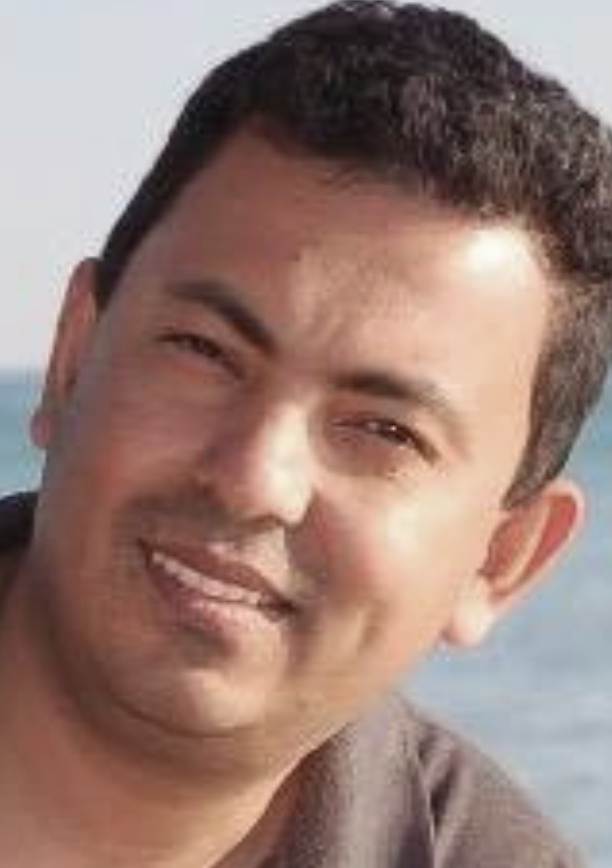On this date in 1972, Avijit Roy, author, atheist/social activist and martyr to the secular cause, was born in Bangladesh to Ajoy and Shefali Roy. Ajoy, his father, was a physics professor at the University of Dhaka. Avijit Roy earned a bachelor’s degree in mechanical engineering from the Bangladesh University of Engineering and Technology and a master’s and doctorate in biomedical engineering from the National University of Singapore. While working in his field, Roy in 2001 started a Yahoo group named Mukto-Mona (Free Mind) for Bangladeshi secularists, rationalists and atheists to discuss issues related to human rights, secularism, humanism and the impact of religious doctrines — especially Islam and Hinduism — on politics in South Asia. Mukto-Mona was born as an online platform in 2002 and expanded its reach worldwide.
Roy moved from Singapore to the U.S. in 2006 to work as a software engineer. He’d met Atlanta resident and eventual wife Rafida Bonya Ahmed, known as Bonya, on Mukto-Mona. They settled in Alpharetta, Ga., with Bonya’s daughter Trisha, and Roy became a U.S. citizen. He wrote prolifically on many varied subjects, including religion, atheism, cosmology, homosexuality and Rabindranath Tagore. Seven of his books were published in Bangladesh.
In a 2013 column in Free Inquiry magazine, he and Trisha Ahmed, then a high school senior, wrote an essay defending Bangladeshi atheists: “Nonbelievers are not only valuable contributors to society; they also constitute a large fraction of the world’s intellectual and academic community.” (Baltimore Sun, March 2, 2015.) As a free-speech advocate, Roy took an active role in protesting the arrests of atheist bloggers and the murder of others in Bangladesh. His writing and activism brought him the ire of fundamentalist Muslims, and on Feb. 26, 2015, he was hacked to death with machetes by militants at a book fair in Dhaka. Bonya was severely injured but survived.
Trisha wrote on the day he died: “He and my mom started dating when I was six years old. In the twelve years that followed, he became my friend, my hero, my most trusted confidante, my dance partner (even though we’re both terrible dancers), and my father. Not once did he tell me to simmer down or be more polite; he taught me to be informed, bold, and unafraid.” (CNN column on the first anniversary of Roy’s death, Feb. 26, 2016.)
In 2018, the Freedom From Religion Foundation and Bonya announced the first recipient of the Avijit Roy Courage Award: Roopbaan, the first gay magazine published in Bangladesh. One of its founders was murdered by Muslim fundamentalists. FFRF established the $5,000 award in 2018 to recognize “a person who has been working toward the spread of rational and logical discourse, toward diminishing the influence of regressive fundamentalist religious thinking, toward building a society based on humane laws and without discrimination.” (D. 2015)





